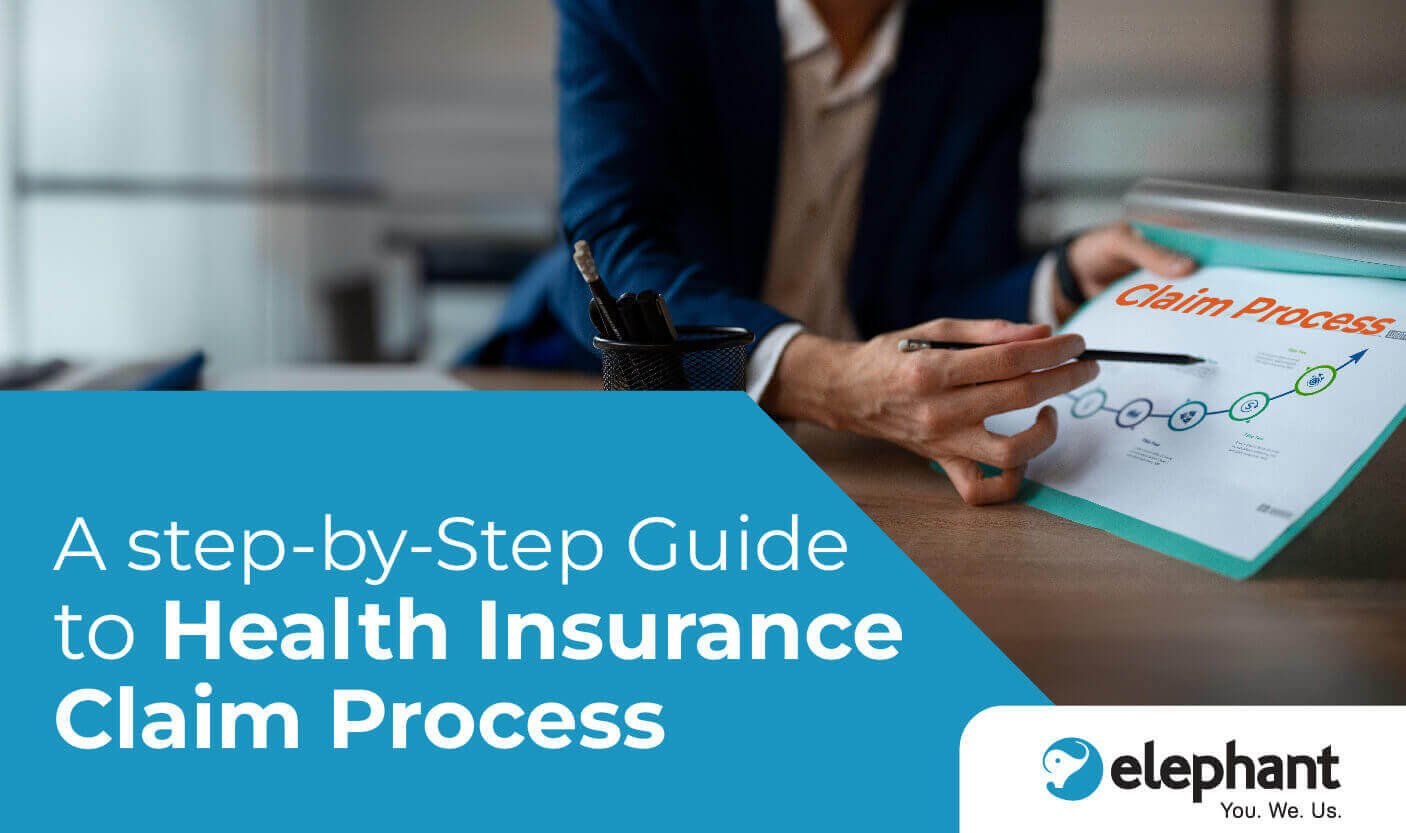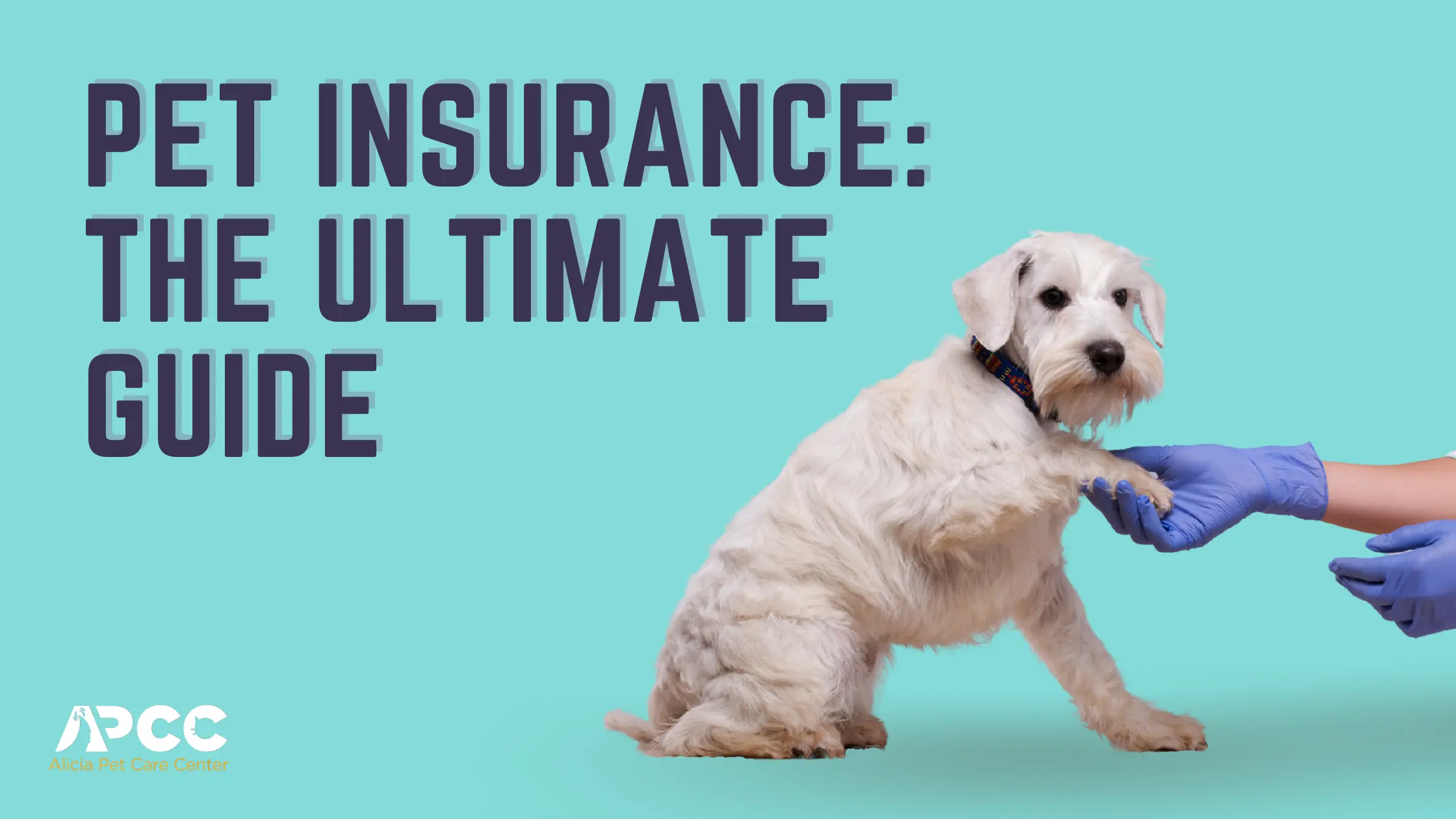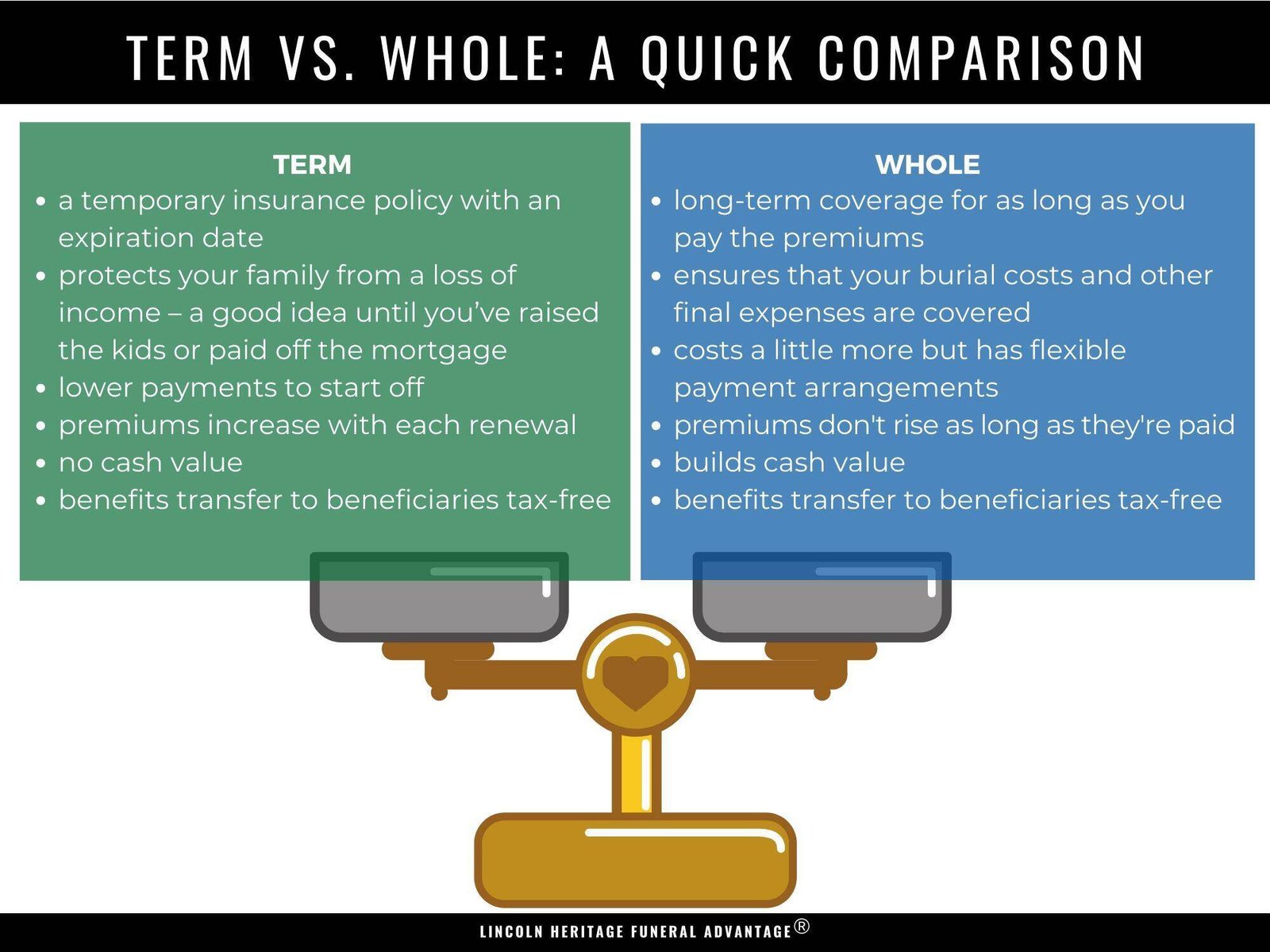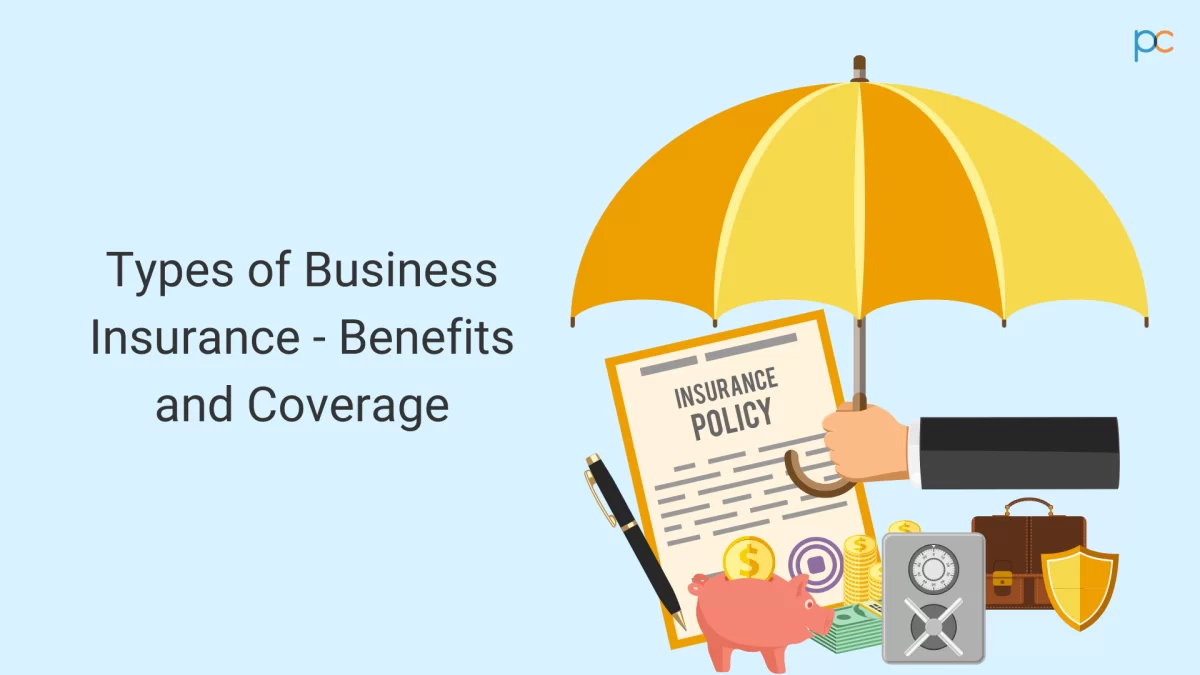Debt Consolidation: Is It Your Path to Financial Freedom?
Debt Consolidation: Is It Your Path to Financial Freedom?
Feeling overwhelmed by juggling multiple debts? You’re not alone. Millions of people struggle with managing credit cards, medical bills, personal loans, and other financial obligations. Debt consolidation can be a tempting solution, offering the promise of streamlined payments and potentially lower interest rates. But is it the right move for you?
This blog dives deep into the world of debt consolidation loans, exploring how they work, their advantages and disadvantages, and ultimately, helping you decide if they’re the key to unlocking your financial freedom.
What is Debt Consolidation?
Debt consolidation involves combining multiple debts into a single loan. You essentially take out a new loan with a hopefully lower interest rate to pay off your existing debts. This simplifies your repayment process by giving you one monthly payment to a single lender instead of juggling several.
Here’s a breakdown of the typical debt consolidation process:
- Apply for a Debt Consolidation Loan: This could be a personal loan, home equity loan/line of credit (HELOC), or a balance transfer credit card. Each option has its own requirements and qualifications.
- Receive Loan Approval (if applicable): Lenders will consider your credit score, income, and debt-to-income ratio (DTI) when deciding on approval and interest rates.
- Pay Off Existing Debts: The lender uses the loan funds to pay off your existing creditors directly. This typically takes a few business days.
- Make Monthly Payments: You now have one monthly payment to your new lender for the consolidated debt.
Pros of Debt Consolidation
Debt consolidation offers several potential benefits that can improve your financial situation:
- Simplified Repayment: One monthly payment is easier to track and manage compared to juggling multiple due dates and bills. This reduces the risk of missed payments and late fees.
- Potentially Lower Interest Rates: By consolidating high-interest debts (credit cards) into a lower-interest loan, you can save money on interest charges over the long run. This can significantly accelerate your debt repayment journey.
- Improved Credit Score: Consistent on-time payments on your consolidated loan can positively impact your credit score. This can lead to better loan terms and lower interest rates in the future.
- Reduced Stress: Managing multiple debts can be stressful. Debt consolidation simplifies finances, potentially leading to less anxiety and a more manageable financial outlook.
Cons of Debt Consolidation
While attractive, debt consolidation isn’t a magic bullet. Here are some potential drawbacks to consider:
- Temptation to Overspend: Closing old credit card accounts after consolidation removes readily available credit. However, resist the urge to open new accounts or increase spending on existing ones. This can trap you in a deeper debt cycle.
- Longer Repayment Term: Consolidation loans often have longer repayment terms compared to the original debts. While the monthly payment might be lower, you could end up paying more interest overall.
- Potential for Higher Interest Rates: If you have poor credit, you may not qualify for a significantly lower interest rate on your consolidation loan. This could negate any potential savings.
- Origination Fees: Some lenders charge origination fees upfront, which can add to your overall loan cost.
Who Should Consider Debt Consolidation?
Debt consolidation can be a powerful tool for individuals facing these situations:
- High-Interest Debt: If you’re struggling with credit card debt with high annual percentage rates (APRs), consolidation can significantly reduce your interest payments.
- Multiple Debts: Juggling multiple payments can be overwhelming. Consolidation simplifies your repayment process and provides a clear path to becoming debt-free.
- Discipline and Commitment: Debt consolidation only works if you’re committed to making consistent payments and avoiding further debt accumulation.
Alternatives to Debt Consolidation
Debt consolidation isn’t the only solution for managing debt. Here are some alternative strategies to consider:
- Debt Snowball/Avalanche: This method prioritizes paying off the smallest debt first (snowball) or the debt with the highest interest rate (avalanche) while making minimum payments on others.
- Balance Transfer Credit Card: Transfer your high-interest debt to a 0% introductory APR credit card. This gives you a limited time period (typically 12-18 months) to pay off the debt without accruing interest charges.
- Debt Management Plan (DMP): A non-profit credit counseling agency can help you create a DMP, where you make a single monthly payment to them, and they distribute it to your creditors. This can potentially lower your interest rates and negotiate for waived fees.
Additional Considerations:
- Impact on Credit Score: While consistent payments can improve your score, a hard inquiry during the loan application process can cause a temporary dip.
- Tax Implications: Consult a tax advisor to understand if any interest payments on your consolidated loan are tax-deductible.
- Co-signer: If your credit score is low, you may need a co-signer to qualify for a better interest rate on the consolidation loan. Remember, this makes them liable for the debt if you default.
Steps Before Consolidating:
- Create a Budget: Track your income and expenses to understand your spending habits and identify areas for potential cuts. This will help you ensure you can afford the monthly payments on your consolidated loan.
- Negotiate with Creditors: Before consolidating, try contacting your existing creditors to see if they’re willing to lower your interest rates or offer hardship programs.
- Compare Loan Options: Research different lenders and compare interest rates, fees, and repayment terms. Don’t rush into the first offer you receive.
- Calculate the Total Cost: Factor in the origination fees, interest charges, and total repayment amount to determine if consolidation truly saves you money in the long run.
Resources for Help:
- National Foundation for Credit Counseling (NFCC): https://www.nfcc.org/ offers free resources and can connect you with a credit counselor to discuss your debt management options.
- Consumer Financial Protection Bureau (CFPB): https://www.consumerfinance.gov/ provides educational resources and tools to help you make informed financial decisions.
Conclusion
Debt consolidation can be a valuable tool to simplify your finances and potentially save money on interest. However, it’s crucial to weigh the pros and cons carefully and consider alternative strategies. By taking the time to research, understand your financial situation, and create a solid plan, you can determine if debt consolidation is the right path to achieve your financial goals and break free from the burden of debt.
Remember: Debt consolidation is a powerful tool, but it’s not a magic solution. Commitment to responsible spending and consistent payments is key to reaching your financial goals.
Additional Tips:
- If you choose to consolidate, consider setting up automatic payments to avoid missed payments and late fees.
- Celebrate your milestones! Track your progress and reward yourself for reaching debt repayment goals to stay motivated.
By following these steps and remaining disciplined, you can use debt consolidation effectively as part of your overall debt management strategy and pave the way for a brighter financial future.










